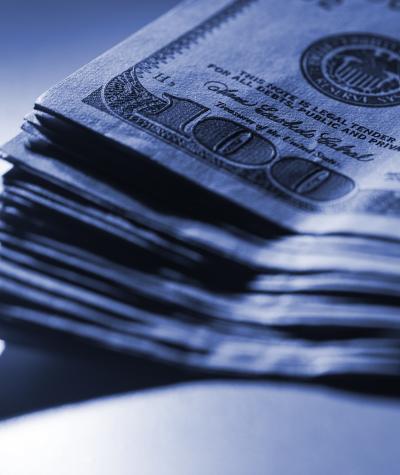Voters have a right to know who is trying to influence their vote and who is working to influence our government.
Transparency about the sources of funding for our elections and candidates and how that money is spent is central to the free and fair functioning of our democracy.
Increasingly, however, our elections are being drowned in secret spending — spending where the true source (who is spending the money) is unknown.
Secret spending in our elections by wealthy special interests is also known as “dark money.”
Wealthy special interests use illegal tactics to inject massive amounts of secret money into elections, which allows them to rig the political system in their favor. We need real transparency about who is spending big money on elections to reduce corruption and increase the responsiveness of our political system to the voters.
How does dark money get into our election system?
Dark money enters our elections primarily via secret donations routed through 501(c)(4) social welfare groups or 501(c)(6) trade associations, which are named after the sections of the Internal Revenue Code that grant tax exempt status to these organizations. Learn more about these types of groups.
Sometimes referred to as “issue advocacy” groups or “dark money” groups, they are not required to publicly disclose their donors.
These groups also have vaguely defined limits — which are, in any case, virtually never enforced by federal regulators — on how much election-related activity they can engage in: although it cannot be their “primary activity,” these groups can engage in election-related activity, including making contributions to super PACs.
Super PACs are committees that can raise and spend unlimited amounts influencing elections, such as by running television or digital advertisements explicitly urging voters to support or oppose specific candidates, as long as they don’t coordinate their efforts with any candidate or political party.
Like all committees, super PACs must disclose who contributes to them. But when they receive contributions from a nonprofit group, the name of the group is the only thing disclosed, and the true sources of the money (the donors to the nonprofit) remain unknown.
By giving to super PACs through nonprofits, wealthy special interests can easily hide their political spending from the public and avoid accountability for trying to rig the system and influence our votes and our government.
Why do we need more transparency in our elections?
Real transparency about who is spending big money on elections will mean more government accountability, less influence for wealthy special interests and more security against foreign interference and political corruption.
More transparency would have an impact on our everyday lives. Unlimited, secret money from wealthy special interests prevents us from making progress on key issues like healthcare and a fairer tax system.
And as CLC’s podcast, “Democracy Decoded,” explained, secret spending can help wealthy special interests evade accountability for problems like lead poisoning.
Whatever issue we are debating in public, it’s important that all sides know who is speaking, so we can engage in effective self-government. Political transparency advances the principles of the First Amendment by encouraging the open exchange of ideas needed for voters to make informed decisions.
The U.S. Supreme Court has consistently upheld political disclosure laws, explicitly acknowledging that political transparency is essential for meaningful participation in our system of democratic self-governance.
To reduce political corruption, we need real transparency about who is spending big money on elections so that politicians can no longer benefit from unlimited secret spending by wealthy special interests rigging the political system in their favor.
